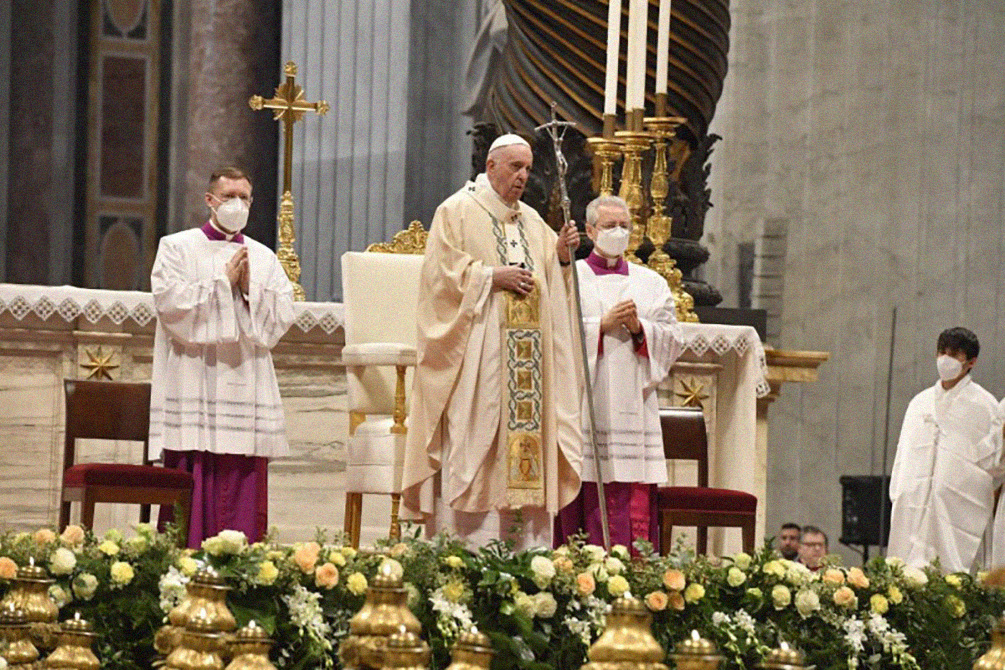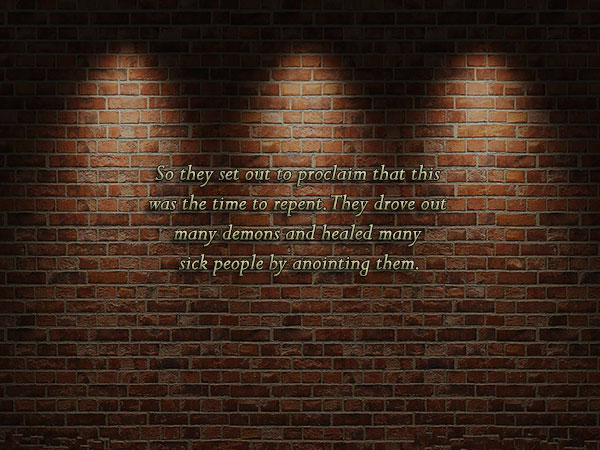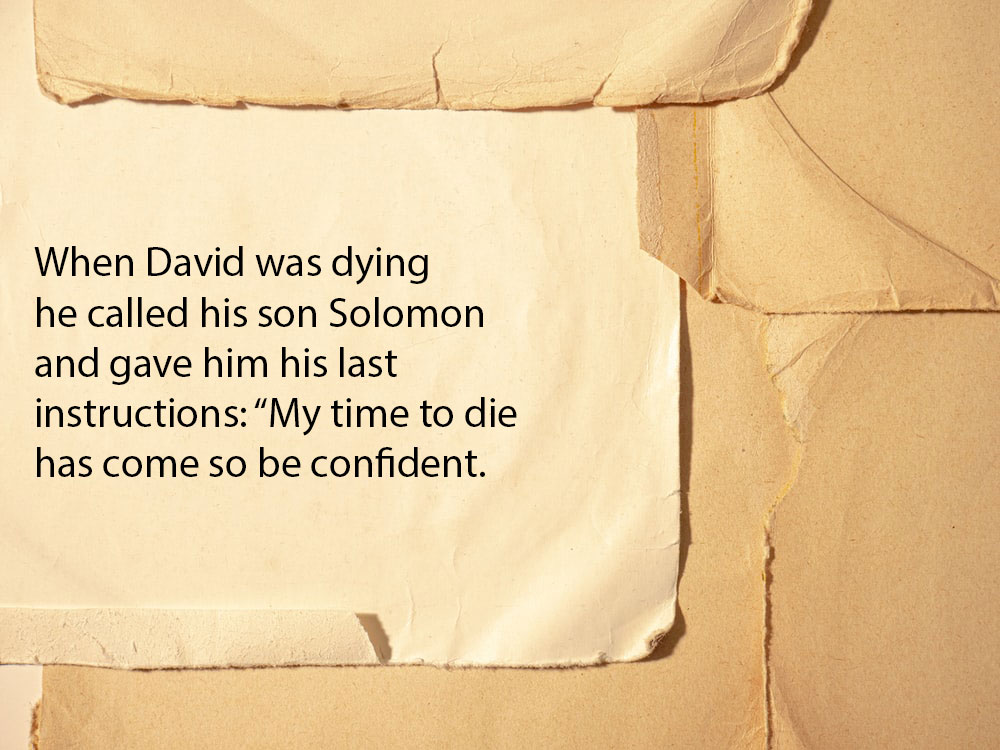
Members of a youth group in the town of Montalban walk to the village chapel for a weekend music practice. Photo by Jimmy Domingo
One day – Matthew’s Gospel tells us – when Jesus “saw the crowds, he had compassion on them, because they were harassed and helpless, like sheep without a shepherd” (Mt 9:35). When we hear these words, our thoughts spontaneously fly to the world of young people today. This scene could be a portrayal of the youth of our times. So many of our youth are discontented, confused, lost and without hope. These young people are left alone without guides and mentors. The world of youth could be described as a seismographer that is extremely sensitive to the state of the world around it. It is a world scarred by many crises that include the financial, but most of all there is the anthropological. There are crises in values and the meaning of life, crises in hope and in education. We live in a “liquid” world that has no certainties and lacks points of reference on which to build one’s life. There are so many young people who see no future. They are “rejected” by a culture in which the things that count are power, money and the law of the survival of the fittest. It is so sad to see how many young people today are disheartened and apathetic. They “seek happiness solely in possessing material things and in satisfying their fleeting emotions” (Pope Francis, Divine Liturgy at the Patriarchal Church of St. George, Istanbul, 30 November 2014). They can easily be led into crime and into self-destructive addictions. Newspapers even speak of an entire “lost generation”. A society that loses the younger generations is a society without a future. During World Youth Day in Rio de Janeiro, Pope Francis said that young people are a window through which the future is made present. What future is this?
The harvest is great and the workers are few in the field of youth today. Young people urgently need “shepherds”. They need dependable advisors, true teachers and authentic educators. However, our world today is suffering from a lack of such people. There are so many teachers and even parents who renounce their calling to be educators. Our times are marked by a deep crisis in education, and this makes it very difficult to communicate basic values and rules of life to the younger generations. Without true teachers, young people do not grow in humanity, or rather, they do not want to grow and mature (we have some perpetual adolescents!). The challenge that faces us, as a society and as Church, at the threshold of the third millennium, is that of education.
Matthew’s Gospel tells us that Jesus was moved by compassion when he saw the crowd. This is an invitation to us – all of us involved in the education and upbringing of young people – to feel the compassion that Christ felt. Compassion of this kind should power our educational programmes, all of our decisions and our way of relating with young people.
In the speech Pope Francis addressed to the European Parliament in Strasbourg, he said, “Young people today are asking for a suitable and complete education which can enable them to look to the future with hope instead of disenchantment” (25 November 2014). In order to address the serious crisis in education, we need teachers and leaders with decisiveness and courage. Specifically, who are these educators?
Young people have great need of educators-witnesses whose humanity is mature and attractive, and they must witness to faith lived in depth. Young people are very demanding in this and they do not easily tolerate incoherence, duplicity or hypocrisy in adults. To teach young people is a very challenging vocation and requires ongoing conversion of heart. We remember the words of Blessed Paul VI, “Modern men and women listen more willingly to witnesses than to teachers, and if they do listen to teachers, it is because they are witnesses” (Evangelii Nuntiandi, no. 41).
Young people need concerned educators. Pope Francis insists very much on this. A teacher of young people never settles for less and is never closed within a limited group. They always look beyond and out to the peripheries where young people live, young people rejected by the world. Real educators do not wait for young people to come to them. These people do not give up reaching out to youth and do not become discouraged. A concerned educator does not accept the convenient maxim that “it has always been done this way”. They continue to find new and more efficient methods and languages to communicate to young people the joy and beauty of the Gospel.
Young people need educators who radiate hope and joy. True educators trust the young people whom they mentor. They know that all of them, even those deeply wounded by sin and disordered lives, hold within themselves a seed of authentic goodness with which they can always restart. As the prophet Isaiah said, “A bruised reed he will not break, and a smouldering wick he will not snuff out” (Is 42:3). They are the bearers of contagious joy that Pope Francis speaks of: “And may the world of our time (especially the world of young people!) […] be enabled to receive the good news not from evangelisers (educators!) who are dejected, discouraged, impatient or anxious, but from ministers of the Gospel whose lives glow with fervour, who have first received the joy of Christ” (Evangelii Gaudium, no. 10). True educators also know how to be demanding, and they know how to present young people with challenges. Young people like to be challenged. They do not want us to always reply with “yes”.
Post Credit to http://www.laici.va/









